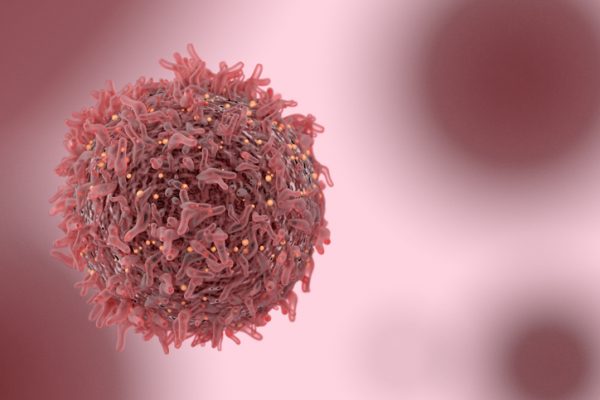
A company developing a form of adoptive cell therapy that it pitches as an alternative to existing cell therapies has raised a Series A financing round led by a large drugmaker.
Austin, Texas-based Triumvira Immunologics said Thursday that it had raised the $55 million Series A, led by Leaps by Bayer – the Leverkusen, Germany-based pharmaceutical company’s venture capital arm – and Northpond Ventures. Other investors in the round include Oceanpine Capital and Viva Biotech Holdings, along with existing investors Bloom Burton & Co. and the Centre for Commercialization of Cancer Immunotherapy. The company said the financing would enable it to advance its product candidates into the clinic.
The company’s pipeline consists of four preclinical assets, the most advanced of which are in studies to prepare for an application to start clinical development. The two product candidates – both autologous cell therapies referred to as TAC01-CD19 and TAC01-HER2 – are respectively in development for CD19 antigen-positive large B-cell lymphoma and HER2-positive solid tumors of the ovaries, breast, stomach and connective tissues. The pipeline also lists an allogeneic cell therapy – meaning it is made from donor cells rather than the patient’s own cells – with an undisclosed target and additional allogeneic programs. However, the page lists BCMA, an antigen widely expressed in multiple myeloma, and ROR1, commonly found in solid tumors, as market opportunities as well.
The company’s technology is called T-cell antigen coupler, or TAC, which it describes as a hybrid molecule with multiple protein domains that combine tumor-targeting abilities with T cells’ own activation machinery. The company contrasts TAC with the more common CAR-T cell technology by noting that it relies on memory rather than effector T cells, displays more moderate cytokine secretion – cytokine release syndrome is a common but potentially very dangerous side effect of CAR-Ts – and is able to co-opt the natural biology of the T-cell receptor. A diagram on the company’s website illustrates the difference, contrasting the direct antigen targeting of a CAR-T’s chimeric antigen receptor with the TAC’s combination of antigen targeting with use of the T-cell receptor.
“With so many engineered T-cell therapy companies developing new T-cell technologies, it is all about differentiation,” Triumvira CEO Paul Lammers said in a statement. “As we develop our technology that has the potential to be used in treating both hematological and solid tumors, we hope to show that differentiation in clinical trials soon and provide a significant benefit to cancer patients.”
Several CAR-T therapies are already Food and Drug Administration-approved and on the market, namely Novartis’ Kymriah (tisagenlecleucel) and two therapies by Gilead Sciences’ Kite Pharma division, Yescarta (axicabtagene ciloleucel) and Tecartus (brexucabtagene autoleucel), all of which are approved for B-cell non-Hodgkin’s lymphomas and, in the case of Kymriah, acute lymphoblastic leukemia in children and young adults. Several engineered TCR therapies are also in clinical development, by companies like Adaptimmune Therapeutics, along with other autologous and allogeneic CAR-Ts.

A Deep-dive Into Specialty Pharma
A specialty drug is a class of prescription medications used to treat complex, chronic or rare medical conditions. Although this classification was originally intended to define the treatment of rare, also termed “orphan” diseases, affecting fewer than 200,000 people in the US, more recently, specialty drugs have emerged as the cornerstone of treatment for chronic and complex diseases such as cancer, autoimmune conditions, diabetes, hepatitis C, and HIV/AIDS.
Photo: CGToolbox, Getty Images












